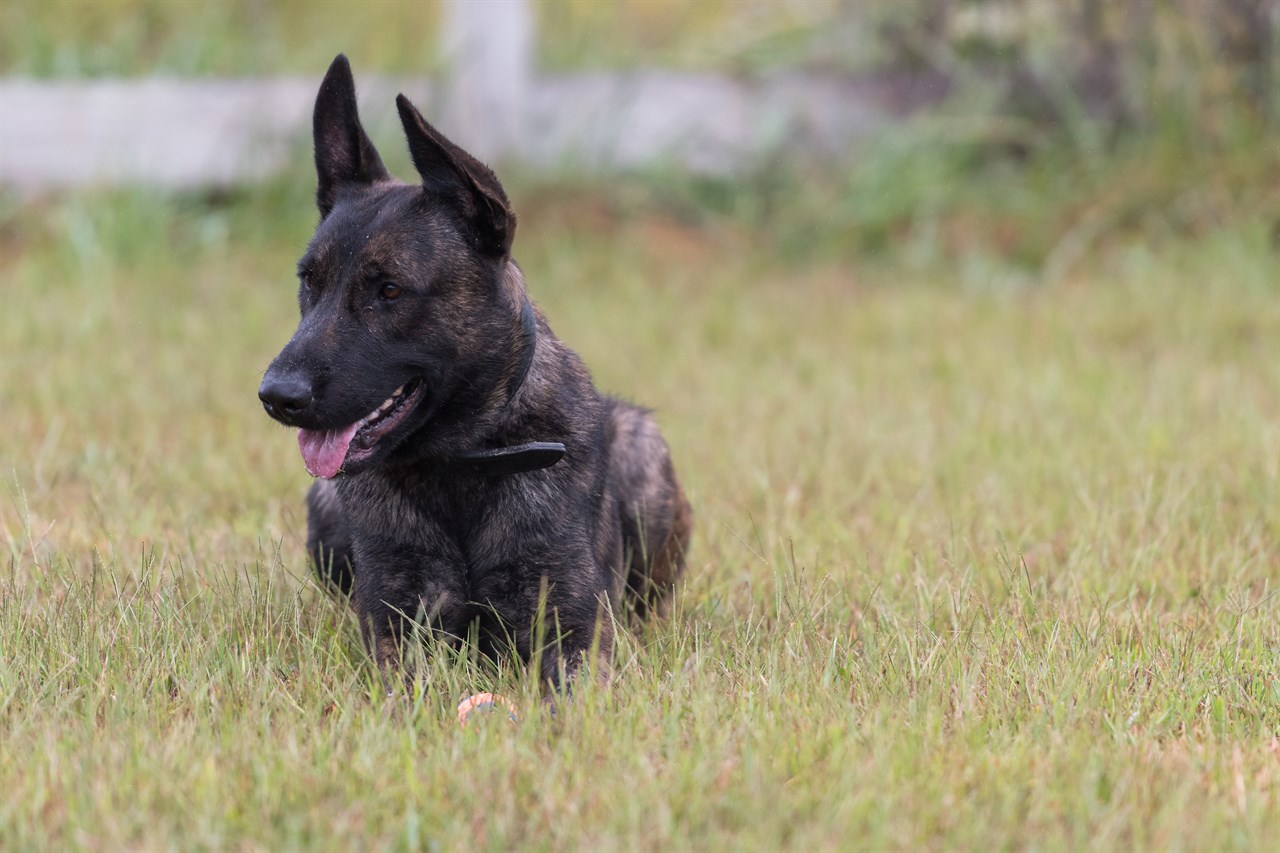Sleeping Requirements and Habits of the Dutch Shepherd: Ensuring Restful Nights

Understanding the sleeping needs and habits of the Dutch Shepherd is essential for providing a comfortable and restful environment for these intelligent and active dogs.
Daily Activity Level
Dutch Shepherds are known for their high energy levels and intelligence. A well-exercised Dutch Shepherd is more likely to enjoy restful sleep. Regular physical activity, mental stimulation, and interactive play contribute to a tired and satisfied dog.
Comfortable Sleeping Space
Providing a comfortable and quiet sleeping area is important for Dutch Shepherds. A cosy bed or crate in a quiet corner of the home can serve as a retreat where they feel secure and can rest without disturbances.
Consistent Bedtime Routine
Establishing a consistent bedtime routine can help signal to the Dutch Shepherd that it's time to wind down. This routine might include a short walk, a calm play session, or some quiet time with their owner.
Adapting to Owner's Schedule
Dutch Shepherds often form strong bonds with their owners and may adjust their sleeping habits to align with the household's schedule. If the owner is active during the day, the dog is likely to rest more during quiet periods.
Age-Related Sleep Patterns
Like all dogs, the sleeping patterns of Dutch Shepherds can vary with age. Puppies require more sleep, often up to 18 hours a day, while adult dogs may sleep around 12 to 14 hours. Older dogs may sleep even more.
Sleep Position Variations
Dutch Shepherds, like many dogs, can assume various sleeping positions. They may curl up, stretch out, or even adopt amusing positions that showcase their comfort and sense of security.
Monitoring Changes in Sleep Patterns
It's essential for owners to monitor changes in their Dutch Shepherd's sleep patterns. Significant alterations, such as increased restlessness, difficulty sleeping, or excessive daytime sleepiness, may indicate underlying health issues and should be addressed with a veterinarian.
Creating a Quiet Sleeping Environment
Dutch Shepherds are alert and responsive, so creating a quiet and calming environment for sleep is beneficial. Minimising loud noises, providing a comfortable bed, and ensuring a consistent sleep space contribute to a restful night.
Are Dutch Shepherds Nocturnal?
Dutch Shepherds are not typically considered nocturnal. While they may be alert and active during the day, they are adaptable to their owner's schedule and can adjust their sleeping habits accordingly.
Sleep as a Recovery Period
Adequate sleep is crucial for the overall well-being of Dutch Shepherds. It allows for physical and mental recovery, promotes healthy development in puppies, and supports the dog's ability to stay alert and engaged during waking hours.
In conclusion, understanding and meeting the sleeping needs of a Dutch Shepherd involve a combination of physical activity, a comfortable sleep environment, and a consistent routine. By catering to their needs and ensuring a restful night's sleep, owners contribute to the overall health and happiness of their Dutch Shepherd companions.
Dutch Shepherd puppies for sale
- Find Dutch Shepherd puppies for sale in ACT
- Find Dutch Shepherd puppies for sale in NSW
- Find Dutch Shepherd puppies for sale in NT
- Find Dutch Shepherd puppies for sale in QLD
- Find Dutch Shepherd puppies for sale in SA
- Find Dutch Shepherd puppies for sale in TAS
- Find Dutch Shepherd puppies for sale in VIC
- Find Dutch Shepherd puppies for sale in WA